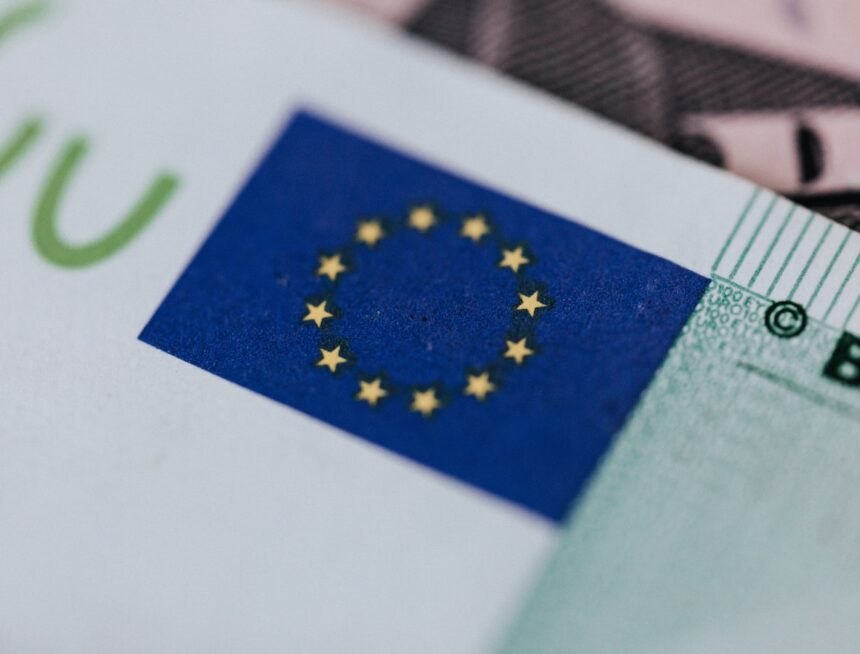In a move to protect users, the European Union (EU) has implemented new safety laws that are beginning to have an impact on popular platforms like TikTok, Instagram, and others. Under the EU Digital Services Act (DSA), major tech organizations and search engines, including Facebook and Google, are now required to comply with strict rules that aim to safeguard users from harmful content and prevent election interference. These regulations include measures to protect children, combat illegal content, and maintain public security.
Failure to comply can result in large fines and potential suspension of services. While some platforms have already made changes, others are still working towards compliance. The full scope of the impact on these platforms and users is yet to be seen.
EU Digital Services Act (DSA) Overview
The EU Digital Services Act (DSA) is a set of rules and regulations introduced by the European Union to ensure the protection of users on digital platforms. It aims to establish a safer and fairer digital environment by holding platforms accountable for their actions. The DSA applies to various digital services operating within the EU, including social media platforms, search engines, and online marketplaces.

Platforms Subject to the Toughest Rules
The DSA imposes particularly stringent rules on certain platforms. A list of the platforms subject to these tough rules was released on April 25, 2023. This list includes major platforms such as Facebook, TikTok, Instagram, Google, and Amazon. These platforms have been given a deadline to comply with the DSA, which means they must implement the necessary changes to meet the requirements stated in the act.
Specific Requirements for Very Large Platforms and Search Engines
The DSA introduces specific requirements for very large platforms and search engines. These platforms are required to assess potential risks that their services may cause and report these assessments to regulators. They must also take measures to address these risks, which include issues related to illegal content, consumer protection, public security, and more. Additionally, the DSA prohibits targeted advertising based on profiling children to protect their privacy.
Changes Implemented by Major Platforms
Several major platforms have already made changes in response to the DSA. For instance, TikTok has stopped showing personalized advertising to European users aged 13-17 based on their online activity. Meta, the parent company of Facebook and Instagram, has implemented similar changes for users in the same age group worldwide. Facebook and Instagram have also given users the option to view Stories and Reels only from people they follow, ranked chronologically. Snapchat has restricted personalized ads for users aged 13-17 in Europe and is creating a library of ads shown in the EU.

Commitments to Share Data with Researchers
In an effort to promote transparency and independent scrutiny, some platforms, such as Google, have committed to sharing data with researchers. Google has promised to increase data access for researchers who want to understand how its various services, including Search, YouTube, and Maps, work. This move allows researchers to gain insights and evaluate the impact of these platforms on users and society as a whole.
Platforms Yet to Disclose Changes
While many major platforms have disclosed the changes they have made to comply with the DSA, some are yet to do so. Platforms like X, formerly Twitter, have mentioned that they are on track to meet their compliance deadlines but have not provided specific details regarding the changes made. It is important for platforms to be transparent and accountable in their efforts to comply with the DSA.

Legal Challenges and Responses from Retailers
Some retailers, such as Zalando and Amazon, have taken legal action to contest their designation as very large online platforms under the DSA. Amazon argues that they are not the largest retailer in any EU country where they operate. However, despite the legal challenges, Amazon has taken steps to comply with the act by creating a new channel for submitting notices against suspected illegal products and content. Zalando has also expressed its commitment to complying with the DSA.
Changes Made by Wikipedia
Wikipedia has made some changes in response to the DSA but ensures that these changes do not significantly affect users’ everyday experiences on the platform. The Wikimedia Foundation, which supports Wikipedia, has expressed its views on the DSA compared to the UK Online Safety Bill. It believes that the DSA’s approach to regulation is preferable and emphasizes the importance of protecting safe, free, and public projects online.
Impact on User Experience and Online Safety
The DSA aims to improve user experiences and enhance online safety. By holding platforms accountable for their actions, it creates a safer and fairer digital environment for users. The DSA’s impact on user experiences can be seen through the changes made by major platforms, such as the restrictions on personalized advertising for young users. It is essential to strike a balance between user experiences and online safety, and the DSA plays a crucial role in achieving this.
Conclusion and Future Implications
In summary, the EU Digital Services Act is a comprehensive set of rules and regulations that aim to protect users on digital platforms. Its tough rules, requirements for very large platforms, and commitments to data-sharing with researchers ensure that platforms are held accountable for their actions. The changes implemented by major platforms and the legal responses from retailers demonstrate the impact of the DSA. Looking ahead, the DSA sets a precedent for online safety and regulation, emphasizing the importance of protecting users and creating a safer digital environment.
